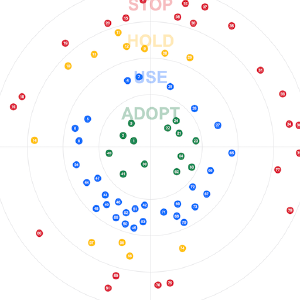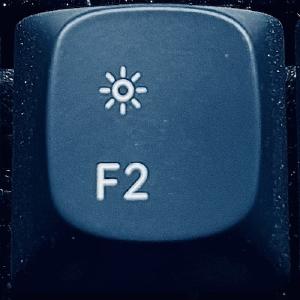FILTER

The FILTER function is new and still relatively unknown. I will give you an example of how it can be used.
Everything Everywhere All At Once

Sometimes it’s useful to look at two areas of the code at the same time. If the areas are in different classes, just open them both. But what if they’re in the same class? For example, if you want to make a method inspired by or related to another.
Case insensitive SELECTs

In SAP it’s normal to have tables in the database with a NAME field and another NAME_SEARCH which is filled in with exactly the same thing as NAME but in upper case.
Then, when you want to do case-insensitive searches you use NAME_SEARCH. You don’t need to do this anymore.
Reconstants

In my current project constants are all over the place, with confusing or wrong names. It’s a mess. I’ve found a way to reorganize and rearrange the constants so that the new code can use pretty constants without messing up the old code, which can continue to use the confusing ones.
We finally have FINAL

There’s nothing worse than seeing people abusing variables. They’re so delicate and yet so badly treated, poor things. Here’s a way to show them some love.
How do you like your blank lines?

Everyone uses blank lines to better organize their code. But where to use them and how many? Let’s talk about that.
In Eclipse ADT you can open an object in another client

Historically, it has always been impossible to jump from one SAP system to another without losing context. Now it’s possible.
Eclipse ADT Data browser is much better than SE16N
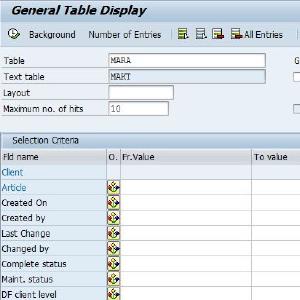
The tools that SAP provides for viewing the contents of database tables have always been very sketchy.
In Eclipse ADT you can always undo

They say: Don’t go back to where you were once happy. But the truth is that in many cases, if you could go back, you would.
Eclipse ADT has lots and lots of keyboard shortcuts
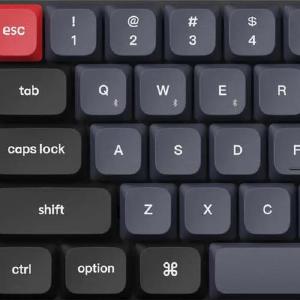
I like keyboard shortcuts. If I could do my job without taking my hands off my keyboard I’d be an even happier programmer.
Eclipse ADT puts ABAP Doc to good use
The magical F2 in Eclipse ADT
Use BASE to not ruin what you already have
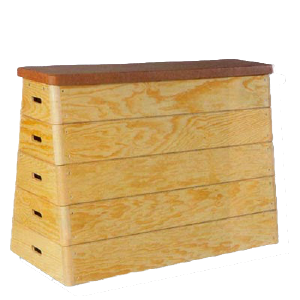
We used to use the APPEND and INSERT commands to add rows to internal tables. Now that ABAP has grown, we can use VALUE, REDUCE, CORRESPONDING, etc. But what if the internal table already has rows and we don’t want to lose them?

